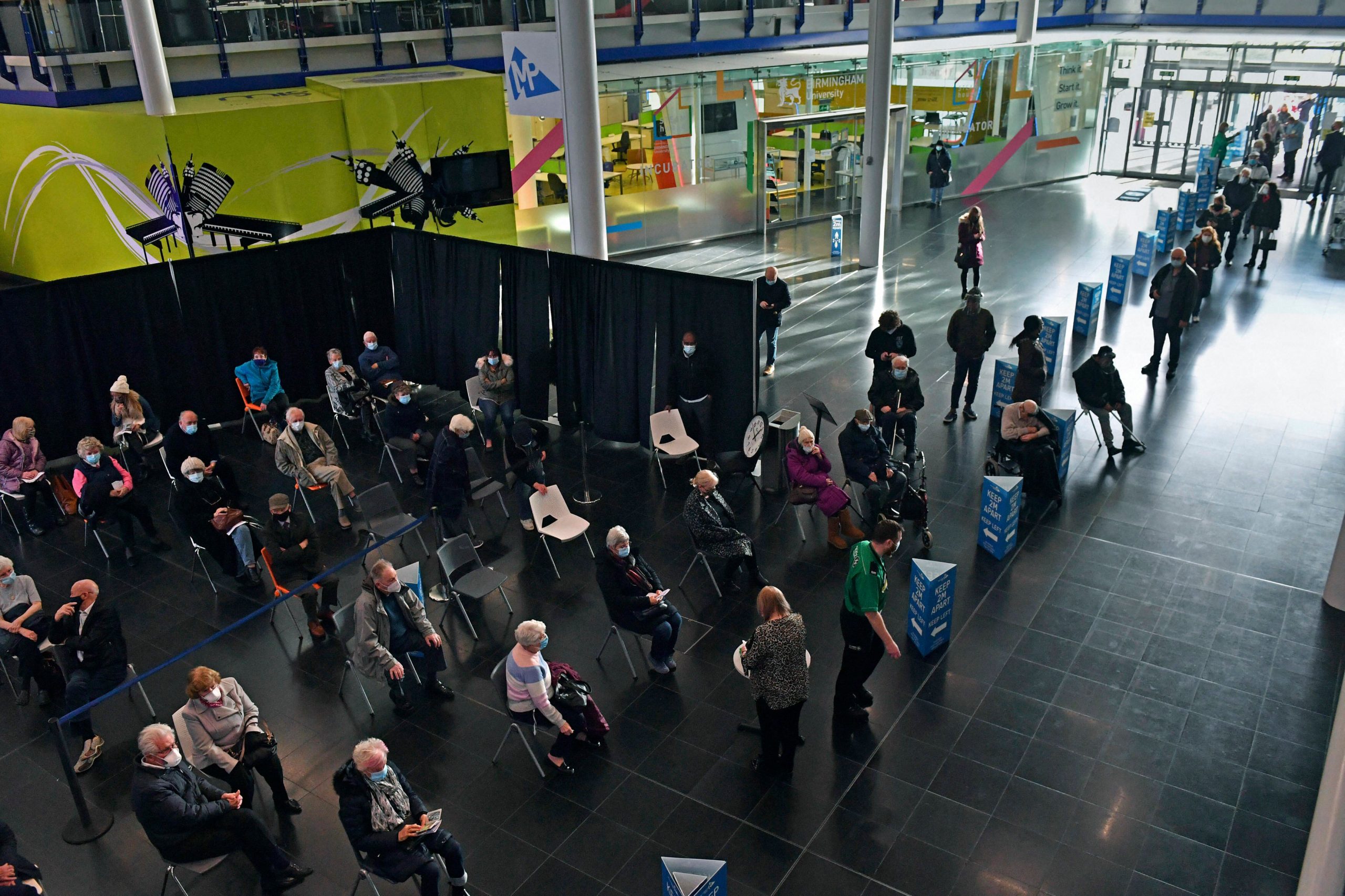The cases of Delta variant of COVID in the United Kingdom have increased by 46%, as it has risen by 35,204 since last week to a total of 111,157, the health officials said in a report on Friday.
The Delta variant, first detected in India last year, now accounts for nearly 95% of cases being sequenced in the UK, as Public Health England said that both doses of COVID vaccine continue to provide good protection against hospitalisations from the disease.
Meanwhile, the PHE said that it is investigating another COVID variant, Lambda due to international expansion and several notable mutations. The Lambda COVID variant, which was first identified in Peru last year, was classified as the “Variant of Interest” by the World Health Organization on June 14 and it has been sequenced in 26 countries to date.
Also Read | Alarming surge of COVID cases prompts Bangladesh to go under new lockdown
However, there is no evidence yet that the Lambda variant cause more severe infection or makes the current COVID vaccines any less effective. The PHE said it is carrying out laboratory testing to better understand the impact of mutations on the behaviour of the virus.
This comes as the National Health Service (NHS) is set to intensify its vaccination drive this weekend with a “grab a jab” initiative. Hundreds of walk-in NHS COVID-19 vaccination sites will be operating over the weekend, where any adult aged 18 and over can walk in for a vaccine.
Also Read | World is failing: WHO pleads for COVID vaccines for poor nations
Urging people to take up the offer and get vaccinated against COVID-19, UK Health Secretary Matt Hancock said, “It’s becoming clearer all the time how effective our vaccines are in protecting against the Delta variant and with three in five people double vaccinated we’re well on our way to the whole country getting the fullest possible protection.”
The NHS said that besides first doses, second jabs are also available at the walk-ins, if it has been at least eight weeks since the first dose for people aged over 40, and 12 weeks for people aged under 40.







